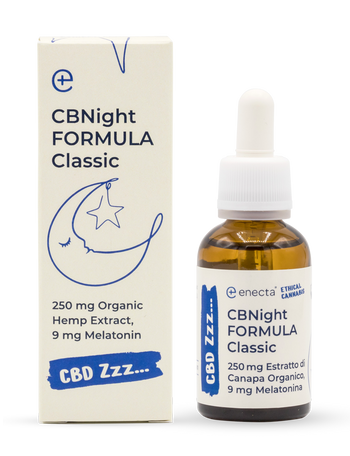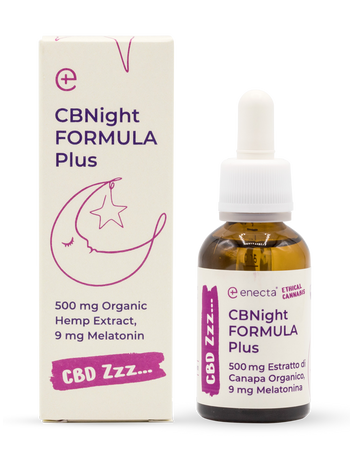CBD or cannabidiol is an active ingredient in the hemp and marijuana plant with many beneficial qualities. Modern scientific research has proven that CBD’s indirect action on the bodies endocannabinoid system helps to significantly reduce states of inflammation. In this respect, CBD can be considered a natural anti-inflammatory and could be used to treat many people suffering from chronic and neuropathic pain caused by diseases and conditions of the nervous system.
With prolonged periods of daily use, CBD could intervene with inflammatory conditions and help to provide essential relief against pain and discomfort. It’s important for those who suffer from various inflammatory conditions to understand the potential significance that High quality CBD offers as a viable form of natural medication.
Almost all of the significant conditions that harm our health in today's society share the common component of increased inflammation. From Coronary Heart Disease, through to Hypertension, Rheumatoid Arthritis, and Depression, inflammation plays a huge role in these and other common conditions.
One of the most pressing issues with increased levels of inflammation that helps to create tissue damage is the fact that when inflammation is rife in the human body, it increases the production of harmful free radicals. This is a situation that we call oxidative stress.
When oxidative stress takes over our bodies, it damages our proteins, fat, and even our DNA.
Over the last two decades, researchers have had a thorough look at how increased levels of antioxidants may help to protect our bodies from free radical damage.
Once we recognize that inflammation is the main instigator concerning this problem, we can start to understand how to heal the issues facing our bodies.

Although reducing dietary carbohydrates and sugar and increasing the consumption of good fats and fiber can help to reduce inflammation, current research is proving that cannabidiol (CBD) can help to limit inflammation and reduce free radical levels in our bodies.
In studies published in the Free Radical Biology and Medicine, researchers at the University of Mississippi medical center discussed both the complexities and challenges posed by targeting oxidative stress in a variety of disease states and the benefits of using CBD to accomplish this goal.
Unlike THC, the psychoactive cannabinoid present in marijuana that gets people' high', CBD is a non-psychoactive cannabinoid derived from the plant. CBD was first isolated in 1940 and chemically characterized by 1963.
Recent research has proved that CBD can help to reduce inflammation and the damaging impact that free radicals have on our systems. Specifically, CBD regulates the function of our immune systems. Research indicates that overall, the effects of this regulation are very positive.
CBD has been demonstrated to be effective in dealing with different types of pain. This activity is due to a manifestation of CBD working as an anti-inflammatory the same as over the counter anti-inflammatory medications are used to treat various aches and pains.
Many of the negative health-related issues associated with obesity are a consequence of increased levels of inflammation. CBD is being explored extensively concerning obesity in hopes of reducing some of these negative health consequences.
The amount of medical research related to CBD is expanding dramatically and for a good reason. As a natural, plant-derived anti-inflammatory, CBD joins other familiar plants in this area like turmeric which is derived from curcumin, as well as ginger and other naturally occurring botanicals.


































